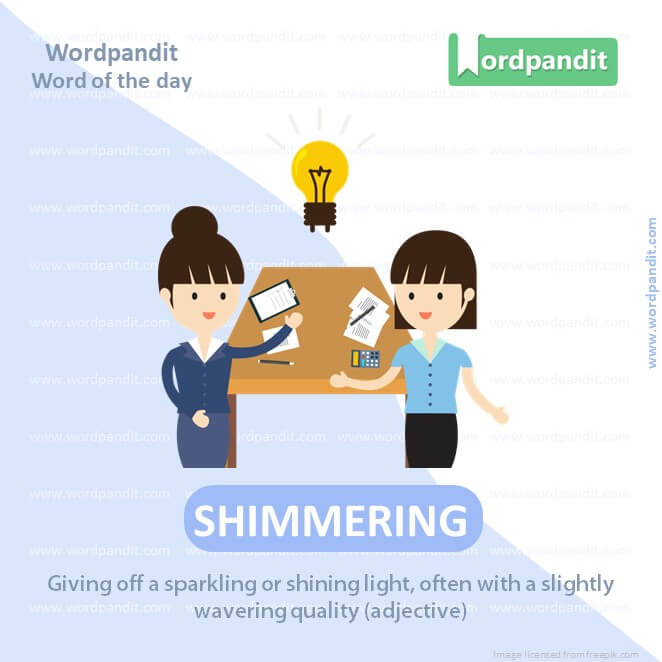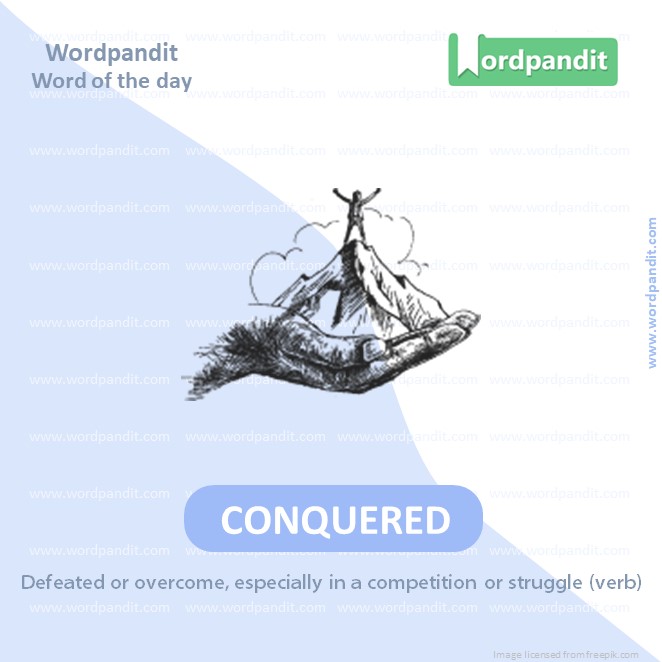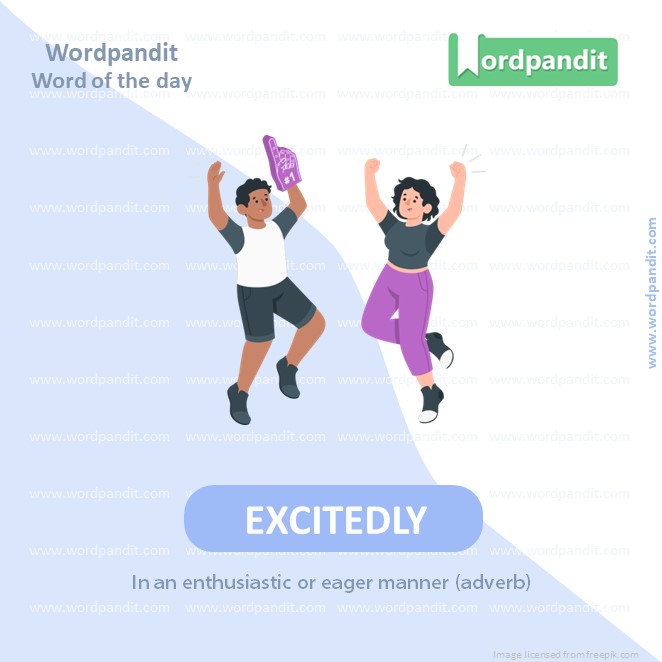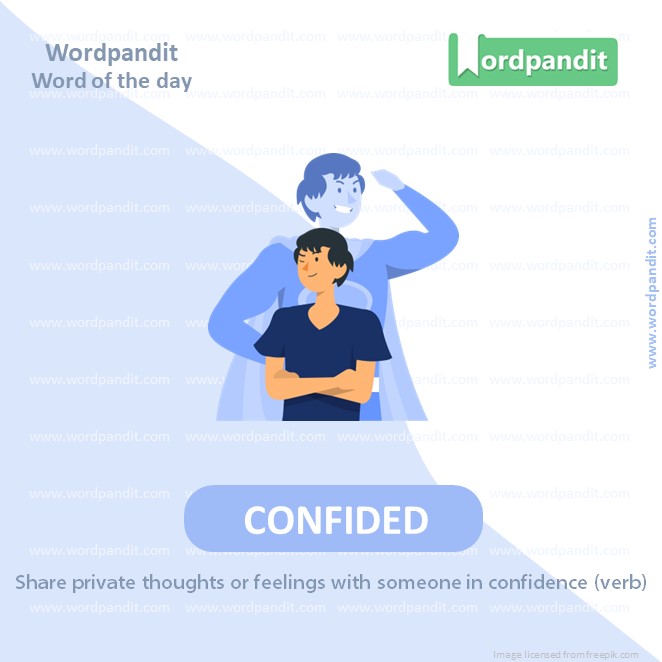Daily Vocabulary Words: List of Daily Used Words in Leading International Newspapers
Hi there. Welcome to this special section @ Wordpandit.
Our endeavour here is very simple: to highlight important daily vocabulary words, which you would come across in leading newspapers in the country. We have included the following newspapers in our selection:
• The New York Times
• The Washington Post
• Scientific American
• BBC
• The Guardian
• Psychology Today
• Wall Street Journal
• The Economist
We are putting in extensive work for developing your vocabulary. All you have got to do is be regular with this section and check out this post on a daily basis. This is your repository of words that are commonly used and essentially, we are posting a list of daily used words. Hence, this has significant practical application as it teaches you words that are used commonly in leading publications mentioned above.
Visit the website daily to learn words from leading international newspapers.

WORD-1: SHIMMERING
CONTEXT: I went over to South Bundy Drive in Brentwood, where the double murder happened. O.J. Simpson was dead at 76. And that famous scene of violence was eerily quiet on a shimmering spring day in Los Angeles.
SOURCE: New York Times
EXPLANATORY PARAGRAPH: Imagine sunlight reflecting off a lake, making it look like there are tiny, sparkling lights on the water. That’s what “shimmering” means—it’s when something shines and glimmers, like a magical sparkle.
MEANING: Giving off a sparkling or shining light, often with a slightly
wavering quality (adjective)
PRONUNCIATION: SHIM-uh-ring
SYNONYMS: Sparkling, gleaming, glimmering
USAGE EXAMPLE:
1. The stars were shimmering in the night sky.
2. Her dress looked beautiful with its shimmering sequins.
3. The water of the lake was shimmering in the sunlight.
4. The candlelight cast a shimmering glow around the room.
WORD-2: TRENCHANT
CONTEXT: It had echoes of “Othello,” the most trenchant work ever written on the fatal flaw of jealousy.
SOURCE: New York Times
EXPLANATORY PARAGRAPH: Imagine a sword that can cut through things very sharply and effectively. When we say someone’s words are “trenchant,” it means they’re very sharp, clear, and to the point, like a powerful tool for explaining things.
MEANING: Sharply perceptive or effective (adjective).
PRONUNCIATION: TREN-chuhnt
SYNONYMS: Incisive, cutting, penetrating
USAGE EXAMPLE:
1. Her trenchant analysis of the situation impressed everyone.
2. The writer’s trenchant criticism highlighted the flaws in the argument.
3. His trenchant wit made his speeches memorable.
4. The CEO’s trenchant decision brought about significant changes in the company.

WORD-3: CONQUERED
CONTEXT: A Black man beloved for his exploits on the field, a man who conquered racial setbacks and beguiled his fans and soared to great heights.
SOURCE: New York Times
EXPLANATORY PARAGRAPH: When you play a game and finally win against a tough opponent, you can say you “conquered” them. It means you overcame something difficult or challenging.
MEANING: Defeated or overcome, especially in a competition or struggle (verb).
PRONUNCIATION: KON-kuhrd
SYNONYMS: Defeated, vanquished, overcome
USAGE EXAMPLE:
1. The army conquered the enemy’s territory.
2. She finally conquered her fear of public speaking.
3. The team conquered their rivals in the championship match.
4. He conquered the mountain after weeks of climbing.
WORD-4: BEGUILED
CONTEXT: A Black man beloved for his exploits on the field, a man who conquered racial setbacks and beguiled his fans and soared to great heights.
SOURCE: New York Times
EXPLANATORY PARAGRAPH: Imagine someone telling you a fascinating story that captures your attention completely. When you’re “beguiled,” it means you’re enchanted or charmed by something delightful or captivating.
MEANING: Charmed or enchanted by something attractive or appealing (adjective).
PRONUNCIATION: bi-GAHYLD
SYNONYMS: Enchanted, captivated, mesmerized
USAGE EXAMPLE:
1. The beguiled audience applauded enthusiastically.
2. She was beguiled by the beauty of the sunset.
3. His beguiled expression showed how much he enjoyed the music.
4. The beguiled child eagerly listened to the fairy tale.

WORD-5: EXCITEDLY
CONTEXT: A stream of men and women excitedly approached Cochran, wanting to have their pictures taken with the lawyer who got O.J. off.
SOURCE: New York Times
EXPLANATORY PARAGRAPH: Imagine when you’re about to open a present you’ve been waiting for. That feeling of joy and anticipation is captured by the word “excitedly.” It’s how we do things when we’re full of happiness and energy.
MEANING: In an enthusiastic or eager manner (adverb).
PRONUNCIATION: ik-SAHY-tid-lee
SYNONYMS: Eagerly, enthusiastically, energetically
USAGE EXAMPLE:
1. The children ran excitedly towards the playground.
2. She spoke excitedly about her upcoming vacation.
3. He waved excitedly when he saw his friends approaching.
4. The crowd cheered excitedly as the team scored a goal.
WORD-6: PENANCE
CONTEXT: O.J. escaped in his criminal trial but not in his civil trial, though he never paid the penalty or expressed any penance.
SOURCE: New York Times
EXPLANATORY PARAGRAPH: Imagine you accidentally break something valuable, and to make up for it, you apologize and do extra chores without being asked. That’s a bit like “penance.” It’s a way of showing you’re sorry for something by doing something to make amends.
MEANING: A voluntary act or punishment to show remorse for wrongdoing (noun).
PRONUNCIATION: PEN-uhns
SYNONYMS: Atonement, repentance, expiation
USAGE EXAMPLE:
1. She did penance by helping out at the charity event.
2. His penance for skipping school was writing an apology letter.
3. The monk performed acts of penance to seek spiritual purification.
4. The character in the story did penance for his past mistakes.
WORD-7: ACQUITTED
CONTEXT: An acquitted O.J. plotted to rehabilitate himself, I felt that the victims had gotten lost in the circus.
SOURCE: New York Times
EXPLANATORY PARAGRAPH: Imagine there’s a misunderstanding, and everyone thinks you did something wrong. But after explaining the truth, everyone believes you, and you’re declared innocent. That’s what it means to be “acquitted”—to be cleared of blame or guilt.
MEANING: Declared not guilty of a crime or wrongdoing (verb).
PRONUNCIATION: uh-KWIT-id
SYNONYMS: Cleared, exonerated, vindicated
USAGE EXAMPLE:
1. The defendant was acquitted of all charges due to lack of evidence.
2. After a fair trial, he was acquitted and released from custody.
3. The jury acquitted the accused after hearing the testimony.
4. The court acquitted her of the crime based on new evidence.
WORD-8: COLLOQUIALLY
CONTEXT: Dr. Herbenick has been tracking the rapid rise of “rough sex” among college students, particularly sexual strangulation, or what is colloquially referred to as choking.
SOURCE: New York Times
EXPLANATORY PARAGRAPH: When we talk to our friends or family in a casual way, using slang or familiar expressions, we’re speaking “colloquially.” It’s like having a relaxed conversation with someone close to you.
MEANING: In an informal or conversational manner (adverb).
PRONUNCIATION: kuh-LOH-kwee-uh-lee
SYNONYMS: Informally, conversationally, casually
USAGE EXAMPLE:
1. She explained the concept colloquially so everyone could understand.
2. He writes colloquially to connect with his readers.
3. The presenter spoke colloquially to engage the audience.
4. The book is written in a colloquial style, making it easy to read.

WORD-9: ANONYMIZED
CONTEXT: Two-thirds of women in her most recent campus-representative survey of 5,000 students at an anonymized “major Midwestern university” said a partner had choked them during sex (one-third in their most recent encounter).
SOURCE: New York Times
EXPLANATORY PARAGRAPH: Imagine you have a secret identity, and no one knows your real name or details about you. That’s what happens when something is “anonymized”—it’s made anonymous or nameless to protect privacy or confidentiality.
MEANING: Made anonymous or nameless, often to protect identity or data (adjective).
PRONUNCIATION: uh-NON-uh-mahyzd
SYNONYMS: De-identified, obscured, masked
USAGE EXAMPLE:
1. The names of the participants were anonymized for the research study.
2. Personal information was anonymized to protect privacy.
3. The report contained anonymized data to maintain confidentiality.
4. Online surveys often use anonymized responses for analysis.

WORD-10: CONFIDED
CONTEXT: I started to ask more, and the stories piled up. Another sophomore confided that she enjoyed being choked by her boyfriend, though it was important for a partner to be “properly educated” — pressing on the sides of the neck, for example, rather than the trachea.
SOURCE: New York Times
EXPLANATORY PARAGRAPH: Imagine having a special secret that you only share with your best friend because you trust them completely. When you “confide” in someone, you share private thoughts or feelings with them in confidence, knowing they won’t tell anyone else.
MEANING: Share private thoughts or feelings with someone in confidence (verb).
PRONUNCIATION: kuhn-FAHYD
SYNONYMS: Disclose, reveal, divulge
USAGE EXAMPLE:
1. She confided in her sister about her plans for the future.
2. He confided his fears to his closest friend.
3. They often confided in each other during difficult times.
4. The patient confided in the therapist about their struggles.
Vocabulary In English
Dancing within the vibrant scheme of language learning, a profound understanding of ‘vocabulary in English’ is indispensable. These sets of words, serving as the pillars of communication, lay the foundation for effective and fluent exchange of ideas. Yet the question begs, how should one go about mastering ‘vocabulary in English’?
Embracing ‘vocabulary in English’ demands a well-rounded understanding, far more than mere surface memorization. It is of immense benefit to explore a variety of reading materials, such as books, newspapers, magazines, and online content. This broad exposure yields a practical understanding of how and when words are used, thereby enriching your command over ‘vocabulary in English’.
To aid the learning of ‘vocabulary in English’, memory-enhancement techniques come to the rescue. Regularly using flashcards, or applications that reinforce the principles of spaced repetition, can drastically improve memory retention. Aiding this, the use of mnemonic devices to associate words with unique stories or images in your mind has shown to greatly assist recall.
Practical application further paves the way for mastering ‘vocabulary in English’. By using the learnt words actively in your daily conversations, you cement their grasp in memory and understand their practical usage.
Rounding off, regular reviews of ‘vocabulary in English’ is the secret ingredient in the recipe for success. Consistent revision sessions solidify the retention of previously learned words and maintain a fresh connection with them.
To conclude, the path to mastering ‘vocabulary in English’ is an insightful journey, made enjoyable with diverse resources, effective memory techniques, practical usage, and regular review sessions. As you immerse into this linguistic voyage, every word you learn brews a unique tale, enhancing the narrative of your language proficiency and guiding you towards becoming a skilled communicator.











